Mental health around New Year
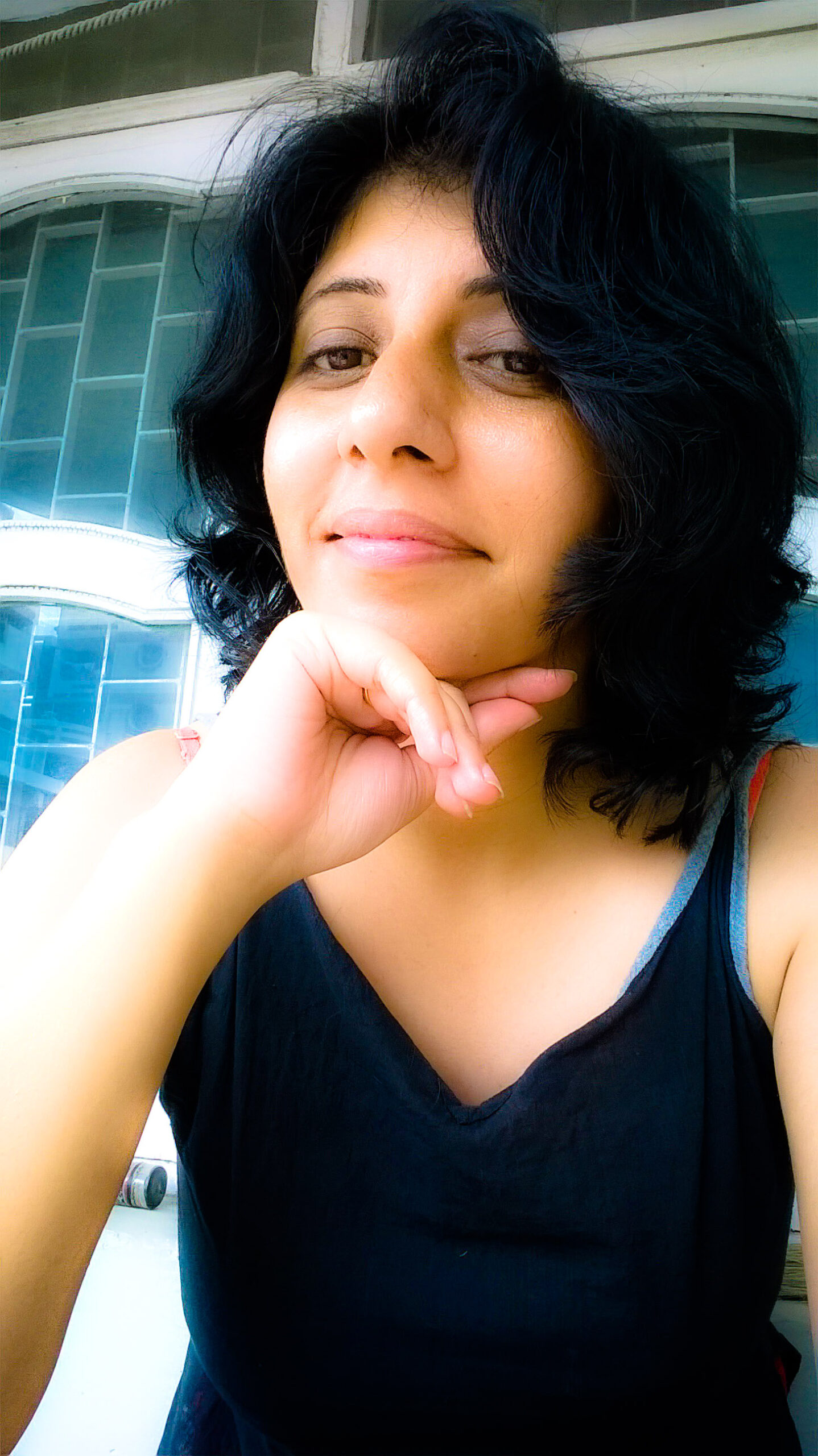
January and the last week of December are often considered one of the most stressful periods of the year for several reasons. It is that time of the year again, from our TV screens to public spaces, there is festival cheer. New Year decorations everywhere, announcements of parties and year-enders, and winter vacations rule on social media as well as personal conversations.
Though there has been no systematic research about the rise in mental health issues around the holidays, there are some findings from surveys suggesting people feel more stress, anxiety, and depression in the time period between Thanksgiving and New Year’s Eve. Signs and symptoms associated with mental health do worsen temporarily around this time of year. Another commonly used term for something similar is – Holiday Blues. Though the difference is that holiday blues pass away when the holiday season ends, but more acute depression and anxiety last longer and begins to interfere with the daily routine.
According to a survey, the National Alliance on Mental Illness (NAMI) reported that approximately 24% of all people who have a diagnosed mental illness find that the holidays convert their condition into “a lot” worse and 40% say “somewhat” worse, so an overall worsening is experienced.
The reasons to feel increased emotional stress during this time of the year can be many:
- It is the time for festivals globally, and these come with their external pressure- planning a perfect party, buying and sending gifts and invites for events.
- It is also a professionally stressful period as year-end deadlines and performance targets have to be met.
- The buzz, the hustle and bustle around New Year, the New Year resolutions, the evaluation of how the previous decisions fared is also added pressure.
Also, there can be immense pressure of doing everything correctly, planning a holiday, traveling with family/friends, or traveling to visit family, and the burdens of holiday shopping.
In another survey, people reported that the holidays contribute to feelings of sadness and dissatisfaction. Many of the survey participants expressed strain, several experienced loneliness financially.
“63% felt an overwhelming sense of pressure, 55% found themselves remembering happier times in the past contrasting with the present, while 50% were unable to be with loved ones.”
There are several effective means to handle this year-end mental health crisis:
Seek psychological first aid
The holiday season at the end of the year is overwhelmingly busy for almost everyone. Yet it is a good idea to schedule some psychological first aid for yourself. If you can’t find a professional, look for a friend or a trusted person who is willing. Make this priority as you make time for your other activities. The holidays also often bring up difficult emotions; a problematic year can be extremely tough when ending. Ensure that you have some support and outlet for these emotions.
Mindfulness
In addition to seeking professional mental health support and care as and when needed, mindfulness can be used as a useful mental wellness tool. Especially a few simple practices like observing and slowing down your breathing while you are running on an unusual schedule, eating too much party food, and having sleeplessness a lot can make a lot of difference. Several free Mindfulness Toolkits featuring free mindfulness resources and several guided meditations for beginners and other levels are readily available online to assist in this process. Mindfulness is like finding your calm island of mental peace in the middle of the roaring ocean of activity around you.
Stay away from addictive substances
Avoiding drugs and alcohol for comfort is recommended by even the Anxiety and Depression Association of America. Especially youngsters try to escape from whatever is afflicting them- loneliness, lack of money, bullying- they try to find an easy way out by relying heavily upon drugs and alcohol. However, the temporary relief this offer can be appealing; substance use/abuse can worsen your issues. There is considerable overlap between people who suffer from anxiety or mood disorders and those who have a history of substance use disorders. Useful relaxation techniques can be healthy, like music, meditation, or pursuing a hobby. Try looking for a robust coping mechanism.
Feel the sunshine
Most people with Seasonal Affective Disorder (SAD) experience symptoms in the fall that continue into the winter months, sapping their energy and making them feel moody. Less often, this causes depression in spring or early summer. It is scientifically proven that exposure to sunlight and too bright lights or fluorescent lights in the absence of sunshine can help ease these symptoms. Even those without this form of depression, taking a stroll outside in the sun can be effective for centering your energy and calming your emotions. The numerous mental health benefits of spending time in the lap of nature have been elucidated in various studies. This is effective in stress relief, improved concentration, reduction of inflammation, and improved mental stamina.
Have realistic expectations
A major source of anxiety, stress, and depression at the beginning of New Year and end of a year can be evaluating the achievements from the past year and making a list of New Year resolutions for the next. New Year resolutions often make some people feel stress and negative feelings. People usually start feeling the pressure to outperform others and compare their lives with that of others. One can work around this by adjusting their expectations and setting realistic and pragmatic life goals. Also, small goals instead of lofty long term goals are more comfortable to achieve and induce less pressure.
Managing mental health stress is always challenging, but it can be particularly tricky during the end of a year and the beginning of a new one. Holidays, family issues, consumerism, family, professional evaluations all make these days overwhelming. Hence it is only appropriate that this period is treated with caution as well as hope, and the emphasis is laid on mental health self-care.
Featured Image Credits: Needpix


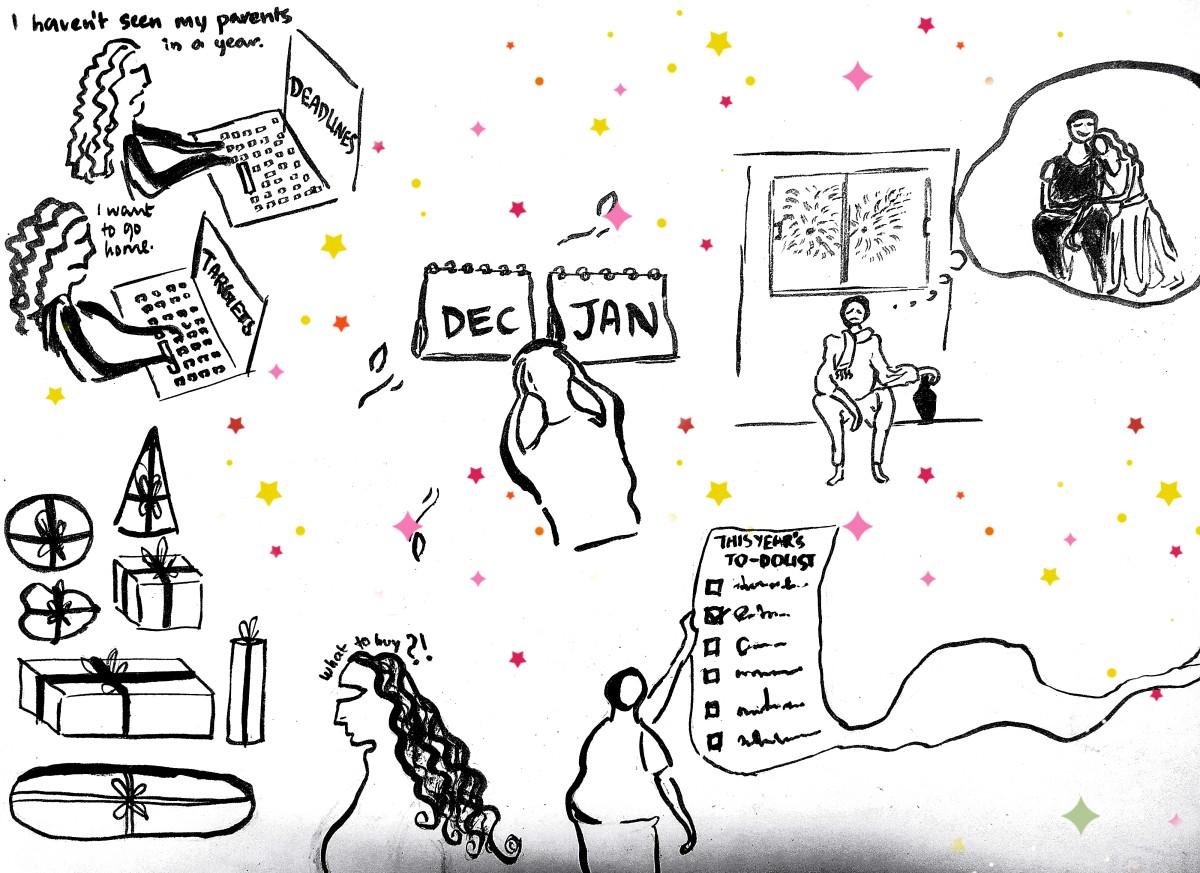
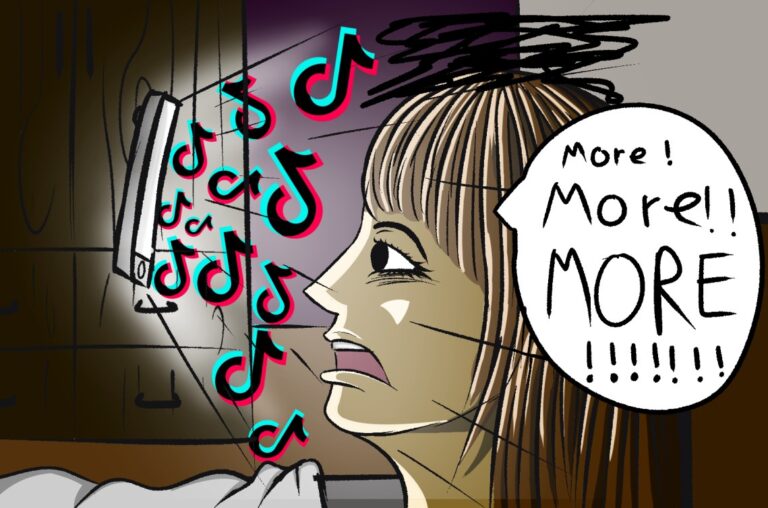
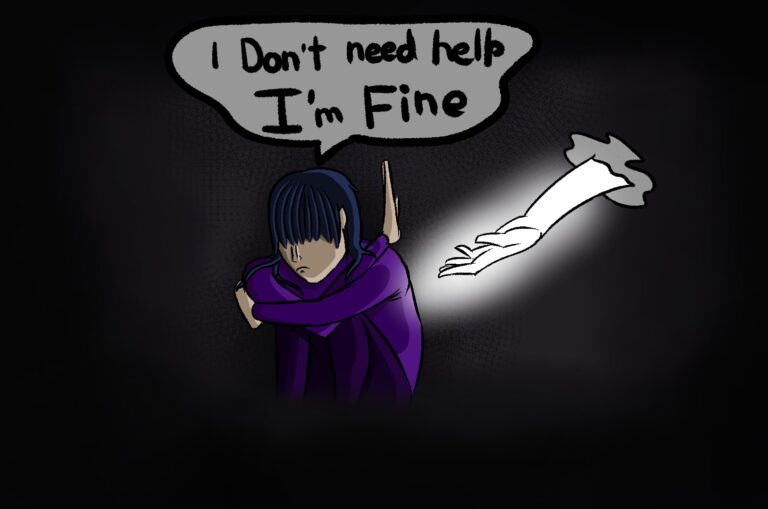
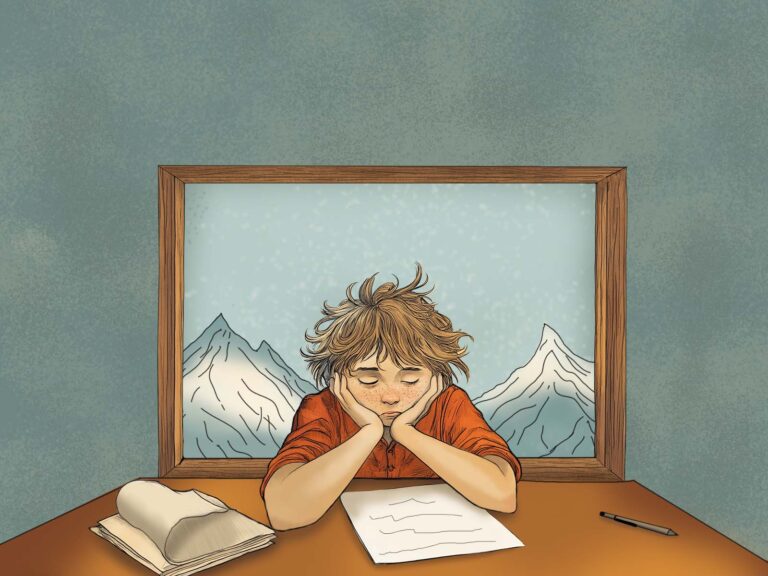
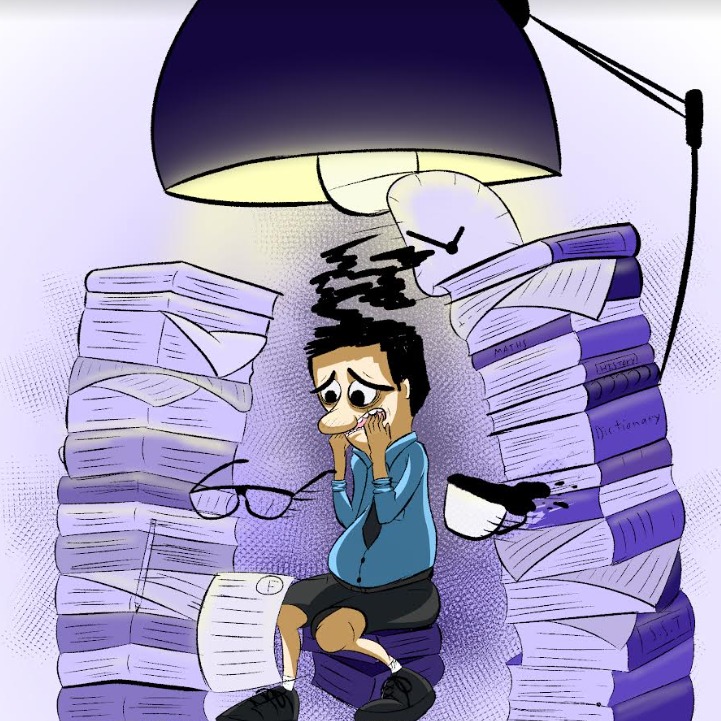
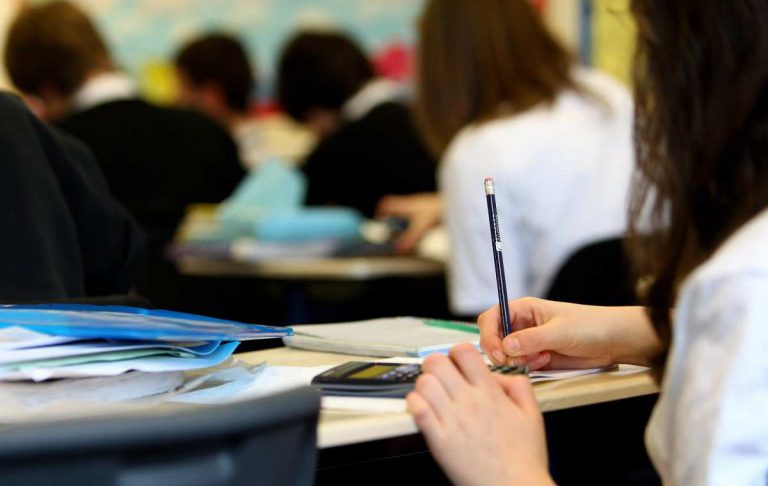

Readers' Reviews (1 reply)